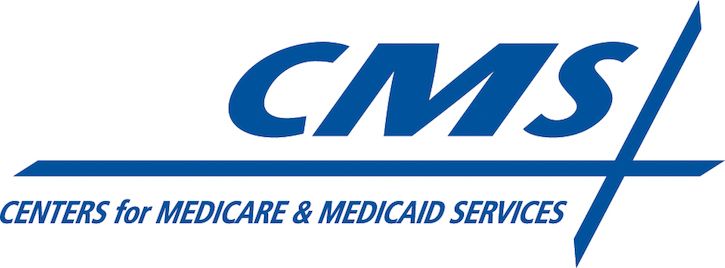CMS to Expand "Probe and Educate" to Fight Improper Payments
CMS will expand a less-invasive audit method, which the Government Accountability Office had questioned, based on success of pilot programs.

This week, the Centers for Medicare and Medicaid Services (CMS) announced a new approach to tracking down Medicare fraud and improper payments that will focus attention on the most error-prone providers and suppliers.
Since 2014, CMS has piloted a strategy that they call “Probe and Educate” to “combine a review of a sample of claims with education to help reduce errors in the claims submission process.” Believing the results of the program to have been very effective based on decreasing claims errors in institutions that have received the education, the program will be expanded to all of CMS’s Medicare Administrative Contractor (MAC) jurisdictions later this year.
MACs will audit claims of only the most consistently error-prone or questionable providers, meaning that less providers overall will be subject to audit. The Targeted Probe and Educate (TPE) method consists of a review of between 20 and 40 claims per selected provider per item of service per round, for up to three rounds of review. The CMS’s statement notes a difference between previous review methods, in which a much larger volume of claims would be reviewed.
“CMS is cognizant that this type of review can be burdensome to providers and we are always working to improve the process,” the announcement states. A Modern Healthcare article on the change quotes doctors who believe the new reviews will take pressure off of those who “are doing everything right.”
That article goes on to speculate that the decreased pressure could be relief for doctors already scrambling to understand and prepare for the fundamental changes to reimbursement looming under MACRA.
A Government Accountability Office (GAO) report from March, however, seemed skeptical of the Probe and Educate method, stating that “the effectiveness of these reviews cannot be confirmed because CMS did not establish performance metrics to determine whether the reviews were effective in reducing improper billing.” Without any performance metrics, the report questions whether or not the method will actually save the CMS any money.
In fiscal year 2016, CMS reported its improper payment rate at 11%, or over $41 billion.
Children’s hospitals face complex challenges dealing with disasters
April 18th 2025Pediatric hospitals deal with different factors in weather-related events and other emergencies. Terri Wilson of the Children’s Hospital Association talks about the challenges and the need for more planning and support.
Telehealth faces a looming deadline in Washington | Healthy Bottom Line podcast
February 12th 2025Once again, the clock is ticking on waivers for telemedicine and hospital-at-home programs. Kyle Zebley of the American Telemedicine Association talks about the push on Congress and the White House.